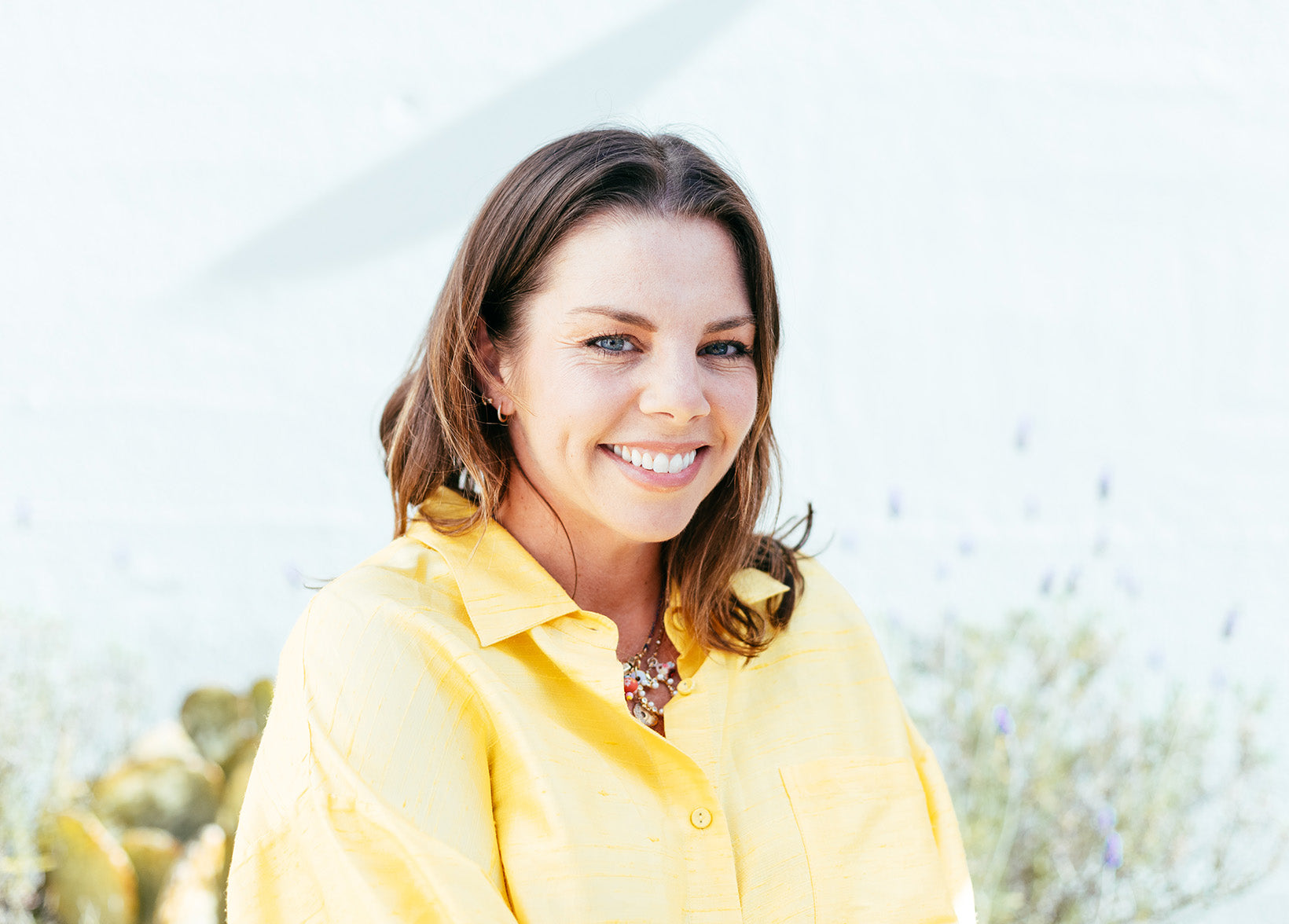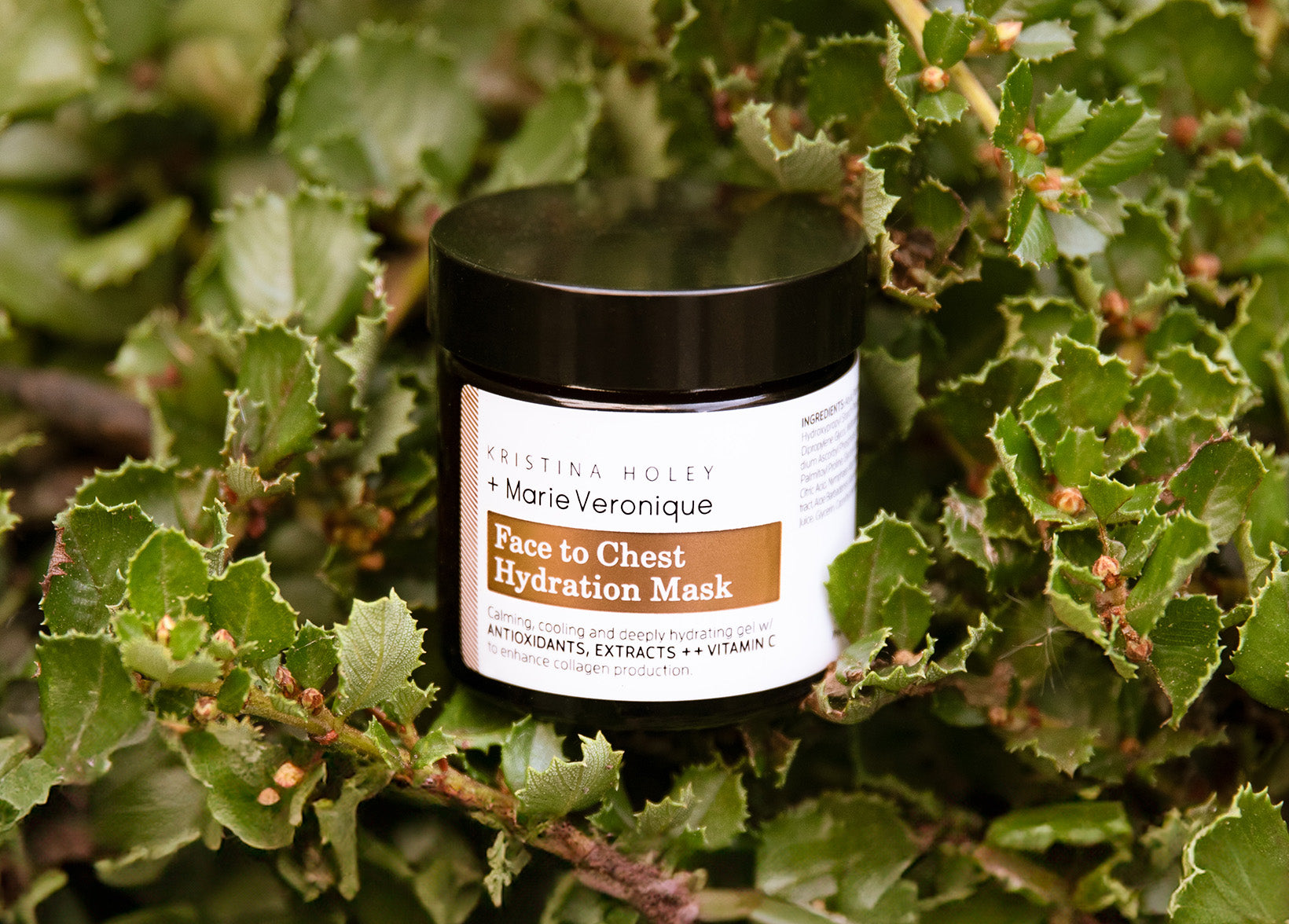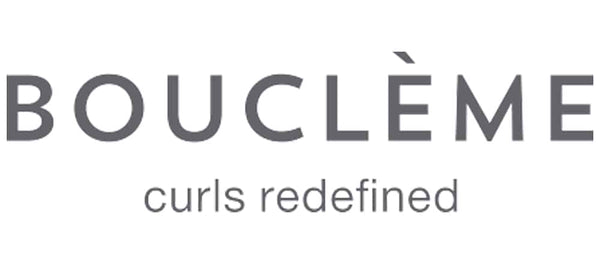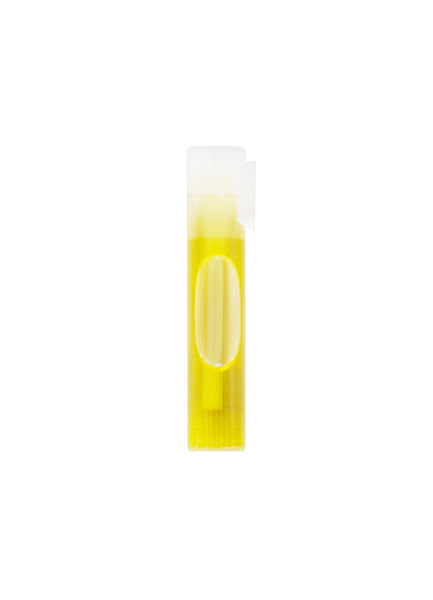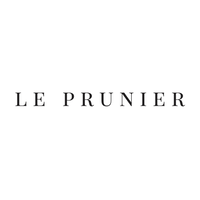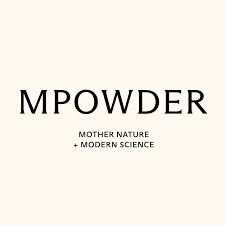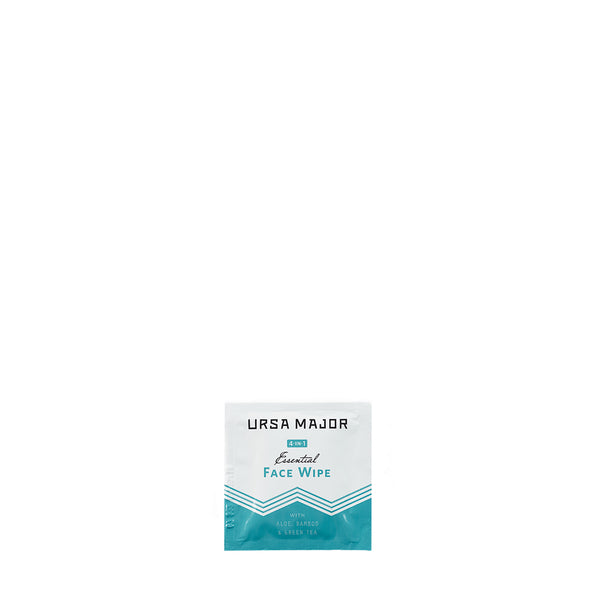Recent Articles

La Ferme Saint-Sylvain is a small family farm in the Vienne department of France, part of the Nouvelle-Aquitaine (Europe’s leading agricultural region, and its second-largest in terms of organic farming). The Maupin family has lived and cultivated the land in this region since 1642; Gilles Maupin, the proprietor of La Ferme Saint-Sylvain, rediscovered his agricultural roots in the late 2010s after a career in construction.
As he became more devoted to sustainability and the health of his family land, Gilles dedicated himself to the cultivation of organic medicinal plants; the use of these herbs in the form of medicinal infusions (or, as we typically call them here, medicinal herbal teas) was also a Maupin family tradition. Eventually, the family farm began to cultivate more than 40 varieties of medicinal plants with a constant focus on biodiversity, sustainability, and the well-being of both its customers and the earth.
From sowing to planting, weeding, harvesting, sorting, and packaging, every step of the process at La Ferme Saint-Sylvain is manual and artisanal, conducted with great care to preserve the optimal benefits of each particular plant — ensuring that you can enjoy the maximum benefits of these medicinal infusions. With its vast meadows, rich soil, and mild, humid climate, the farm’s plants develop in optimal conditions, resulting in beautiful, aromatic varieties with an unparalleled depth of flavor.
We are so proud to be La Ferme Saint-Sylvain’s first US partner, and to bring the art and science of herbal infusions to our community. Read more about the farm and its herbal infusions in this interview between Dara and two members of the Maupin family — Gilles and his daughter, Camille, who now works in the family business, too. And, to find out how Dara found them, learn more about the story behind herbal infusions at Ayla here.
**
Dara: From what I understand, Gilles, you grew up learning about herbal infusions from an older cousin of yours.
GILLES: Yes, she would prepare infusions for many people in our village; she learned about the plants herself from her mother, who did the same thing. We call these women “rebouteuses” — they’d treat minor injuries, sprains, burns, fevers, and all kinds of things. Here, in the countryside, it was quite common, especially in the past. There were many who had these skills.
Dara: And how did you come to work with these plants yourselves?
GILLES: It was a late career change — earlier, I had a construction business. I eventually closed it but had to continue to work, so I came back to this world that I remembered from my childhood. And now my children have taken up the business, too.
CAMILLE: With the herbs that you carry, it’s my father who’s been growing and drying them for the past 5 years. My sister and I joined a few months ago to further develop the business, so we brought the herbs to some Christmas markets over the holiday season and started creating more seasonal offerings. We’ve begun selling our infusions throughout France, working with local markets as well as herbalists.
GILLES: Our business remains artisanal in its nature, but we work with herbalists throughout the country.
Dara: How did you decide which plants to cultivate on your farm?
GILLES: As our base, we had plants that have been grown here for centuries due to the climate. But there are some, like lemon thyme, that hadn’t been cultivated here in the past; those, we began to grow for their more pleasant taste as well as their benefits.
CAMILLE: We also worked with our herbalist partners to find out which plants were in the highest demand. We were sure to plant most of the classic herbs that are used in traditional infusions. There is a list of plants that are authorized for cultivation in France, so we always consult that list when deciding which additional ones to plant.
Dara: How do people in your region usually consume these infusions — is it something they’d enjoy for their taste, or more typically to treat something specific?
CAMILLE: In a few cases, herbal infusions might be enjoyed for their taste and the sense of comfort they provide during a cold evening, for example. But with the infusions that are more focused on particular benefits, they can be taken in a more concentrated manner: three times per day, for a few weeks or even a few months. It takes some time for the plants to work throughout the body compared to typical medicines, but taking them a few times a day allows you to experience the maximum benefits.
DARA: It seems to me that the use of these herbal infusions is quite common in France.
CAMILLE: Yes, I think that the use of herbal infusions to support the healing process — for specific benefits — is something that was a bit lost during the past decades, but it’s coming back. As people are more interested in wellness and self-care, many people have gained a new appreciation for the way these medicinal herbs can help instead of immediately taking something they’d get at the doctor’s office or at a typical pharmacy.
GILLES: When I was young, for example, if I was sick, I’d have a cup of linden tea with honey at bedtime. I’ve seen that more people now are looking for these natural cures. They’re not necessarily stopping the use of pharmaceutical medicines, but looking for gentler ways to support the body’s healing processes. And there’s the aspect of taste, too; many of these herbal infusions taste very pleasant, and that’s part of the choice as well. But yes, we typically use herbal infusions with their specific benefits in mind.
Dara: Can you describe the benefits of each plant for us?
Gilles: Yes, I’ll describe them one by one —
Stinging nettle has energizing, anti-inflammatory properties and stimulates the body’s immune response. Rich in vitamins, minerals, and iron, it encourages the body’s natural draining and detoxifying processes.
Lemon thyme has been used for thousands of years to soothe cold and flu symptoms such as fatigue, cough, and irritated throats. Taken regularly, it has tonifying properties and can help prevent such ailments from worsening.
Spearmint has benefits for the digestive and respiratory systems in addition to being known for its hormone-balancing properties. It is also used to soothe headaches.
Linden is a traditional French symbol of liberty, friendship, and celebration. Soothing and calming, it is often used to encourage a deep, restorative night’s sleep. It is also often used as a comforting treatment for headaches and colds.
**
We're thrilled to offer these beautiful herbal infusions to you. Shop the La Ferme Saint-Sylvain collection here, and browse our entire collection of infusions and accessories here.

